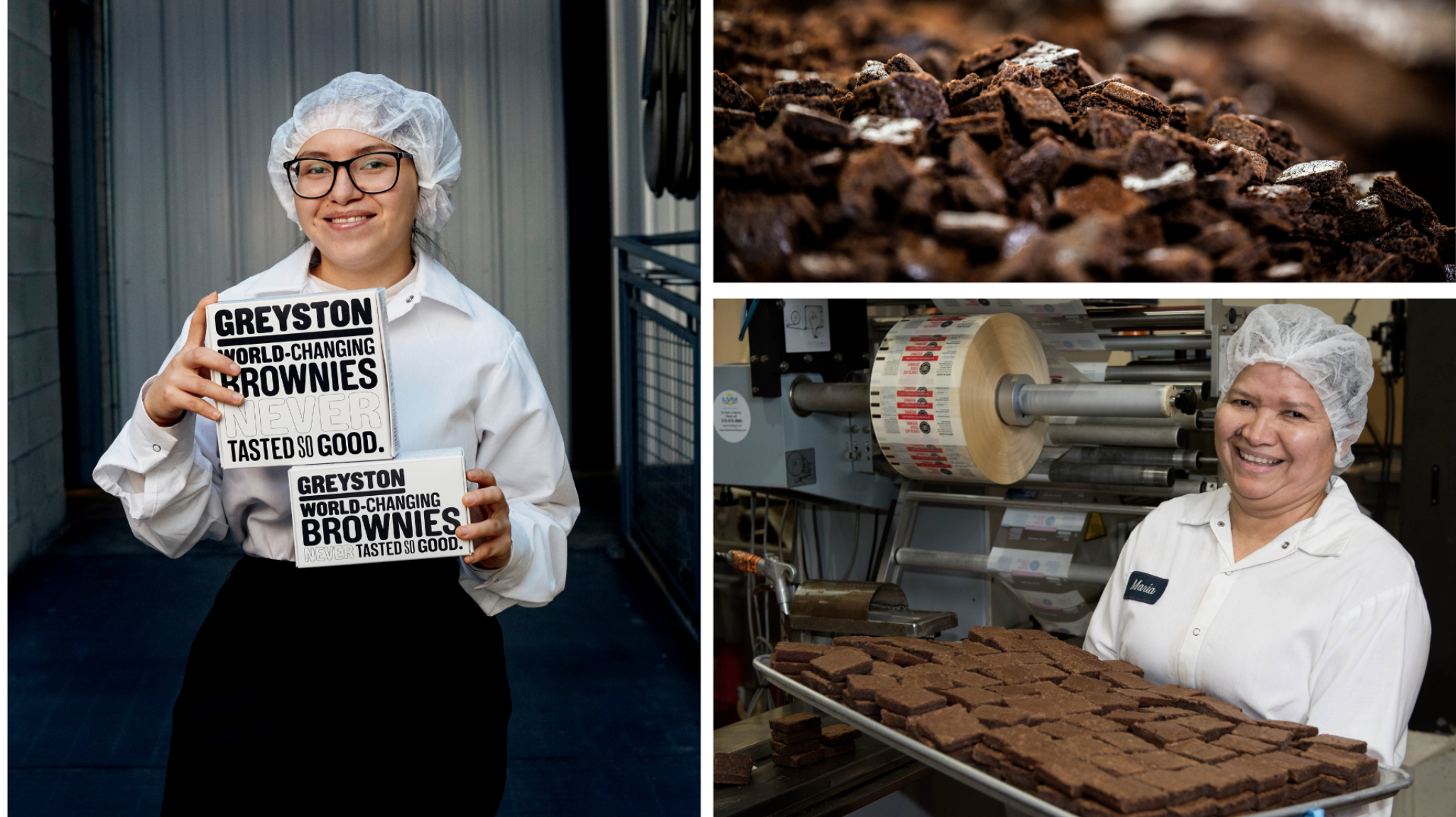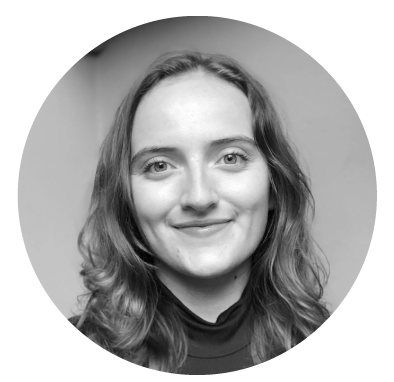Struggling to Attract Diverse Candidates? Try Answering These Three Questions
In episode two of Purpose Talks, we talked to brands with inclusive and open hiring models – approaches that give sidelined groups a route into the labour market. Want to diversify your talent pool? Read on.
We often hear companies complain that they can’t find diverse talent using the excuse “we’d hire them if we could find them.” At the same time, there are countless tales of enthusiastic candidates (often from marginalized communities) struggling to snag a first-round interview. Why does this gap exist? Turns out, organizations simply don’t cast their net wide enough.
In episode 2 of our Purpose Talks podcast, we speak to James Bartle from Outland Denim, Eric Vinsonneau at Clean Collective, Joseph Kenner at Greyston Bakery and San Patrignano’s Monica Barzanti. Each of them have implemented an inclusive or open hiring model to widen their company’s talent pool and give routinely sidelined groups a route into the labour market.
Want to follow in their footsteps? We’ve sifted through our interviews and extracted three key questions your brand should be asking.

Is that qualification really necessary for the role, or is it just listed out of habit?
Do all of your listed qualifications actually matter to the role? Our podcast guests would argue no. Instead, they try to understand which doors can be opened by crossing out unnecessary job qualifications. And they don’t stop there. For instance, does the job actually require candidates to submit a profile photo, a long list of references, or to pass an entry test?
Greyston Bakery asks just one question: do you want to work? In order to work at the bakery, candidates have to sign up to a waiting list and show up to an orientation. That’s the hiring process. No resumes, no interviews and no background checks. This attracts more diverse talent and cuts down the organization’s hiring costs. What’s more, with each “open hire,” Greyston actually generates over 30,000 USD in public savings. We like to call that a win-win-win.
Are you providing respectable and dignified work?
It is not just about providing a living wage and benefits: routinely sidelined groups want to know that they will be working in safe spaces with respectful employers. Sounds simple enough, right?
Clean Collective aims to provide decent work by ending informal market cleaning jobs for people from migration backgrounds. They do this by viewing their company as a community and educating their clients on their unique business model. Beyond providing necessary job training, employees also get trained in German language skills and fully-funded public transportation options, among other perks.
Meanwhile, the addiction treatment center San Patrignano only allows its residents to work in the third or fourth year of their recovery program. Under its philosophy, residents have to take care of themselves before launching into employment. When they’re ready, residents can choose in which sector or area they want to work and are provided with comprehensive training programs.
What are you doing to make sure your employees stick around?
The real work begins after companies have successfully attracted and hired workers from a wider pool. Then, it’s time to ask how your brand can go about retaining that talent…
James Bartle from Outland Denim works with NGOs to understand the local needs of employees based in Cambodia. In doing so, he found out that many women working at the brand’s factories travelled long distances, meaning weeks and months spent away from their families. The solution? Outland Denim opened another factory in a more rural area of Cambodia, shortening employees’ commutes so they could see their sprogs and partners mid-week.
And we're just scratching the surface! Listen to the full episode to find out how these four companies have built effective, inclusive hiring practices.


